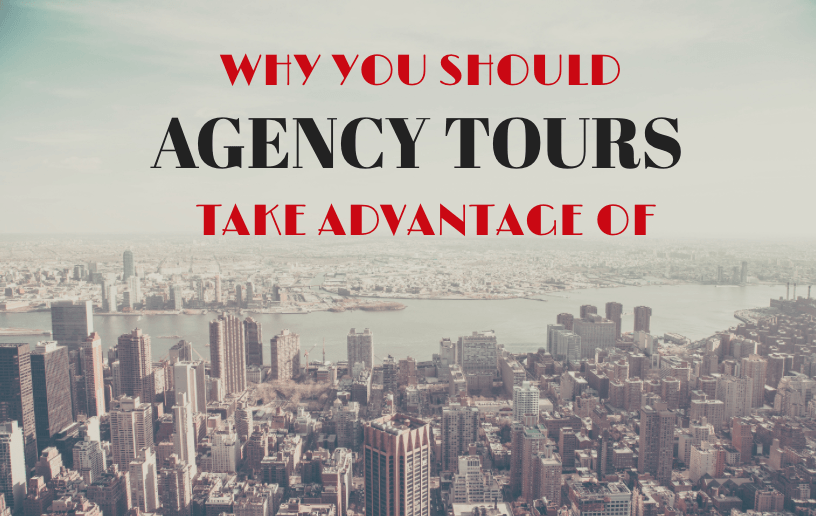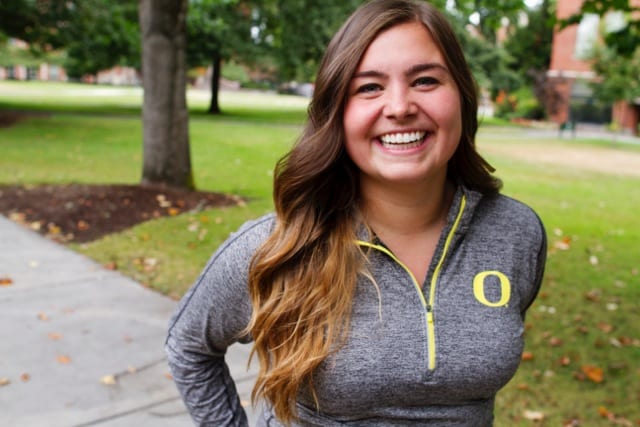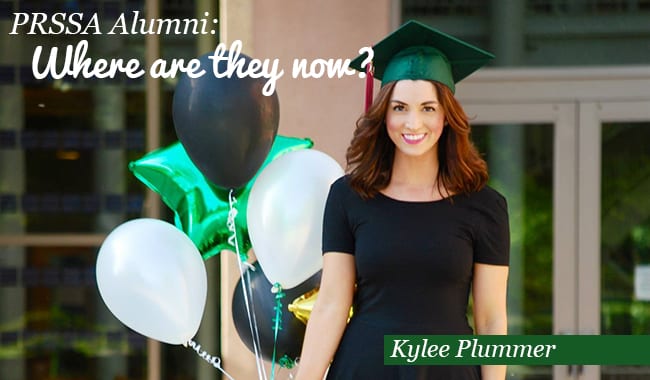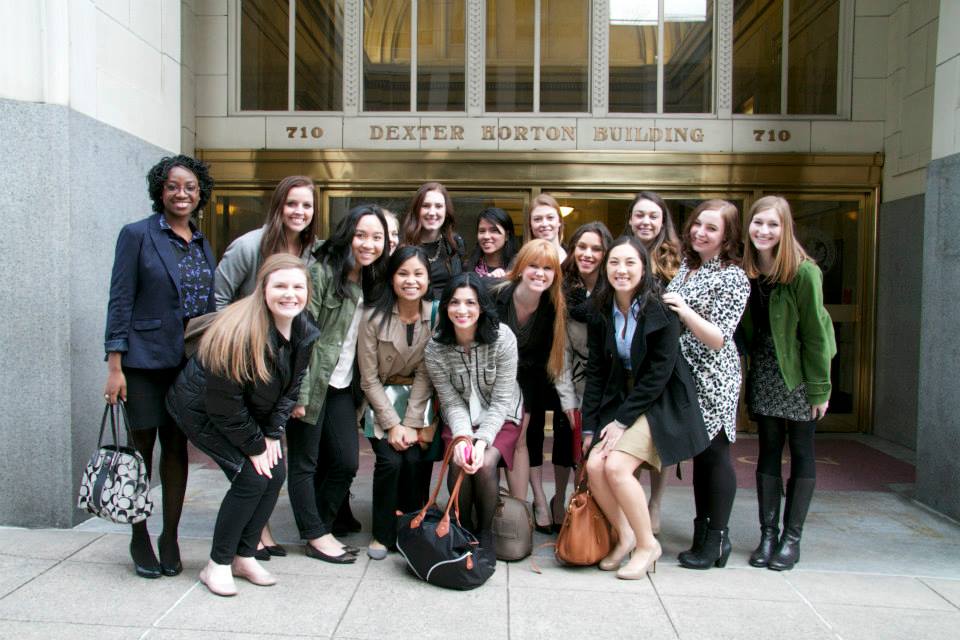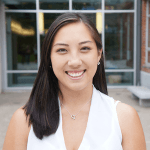By Sierra Goodman
In the SOJC, it is common for public relations majors, such as myself, to minor in business. I regularly apply concepts from PR and business to my classes and clubs such as IR Futures. Understanding business is beneficial not only for a career in financial communications but in all sectors of PR. Here is why:
Better serve your clients
Whether you work for an agency or in-house, your knowledge of business will allow you to understand your client’s business model faster eliminating a learning curve with concepts such as stock history and return of investment (ROI). It will be easier to communicate and simplify what your client or employer is trying to say to their audience if you have insight to the business side as well.
Pursue Investor Relations
Investor relations is a lucrative PR position and requires a strong understanding of the financial sector of business. Investor relations involves communicating an organization’s value directly to current and potential shareholders. This requires literacy of stock markets such as the NYSE, NASDAQ, Dow Jones, etc. A company’s stock value is a reflection of the shareholder and public view of the company. It is a PR professional’s job to find out why your client’s stock goes up or down and convey this information accurately to shareholders.
Expand Your Marketing Toolbox
Public relations is one of many business marketing tools. Other tools include digital marketing, social media, advertising and search engine optimization (SEO). Strong knowledge of marketing can help you advocate the reason why a client should use PR as a marketing tool opposed to another option.
Think Quantitatively
It is helpful to understand your client’s target audience in both quantitative and qualitative factors. For instance your client may have a young audience of skateboarders and snowboarders (qualitative) and have 70% of that demographic in the Portland area (quantitative). The ability to find out these details will help you produce better results for your client.
A business mindset will help you gain credibility in a public relations role. The ability to argue a case from a business perspective is a valuable asset to employers. A business degree is not the only way to gain knowledge. Chapter president, Lily Gordon, takes online business classes through Lynda.com and communications director, Talia Smith, listens to business podcasts.





 Connie Chandler, a public relations instructor in the School of Journalism, gives us her top-three reasons to build relationships with our instructors on campus.
Connie Chandler, a public relations instructor in the School of Journalism, gives us her top-three reasons to build relationships with our instructors on campus.